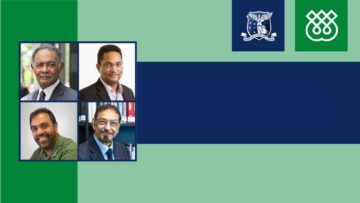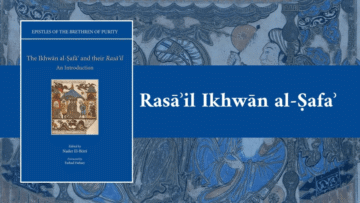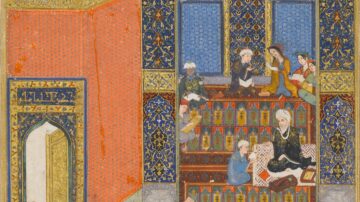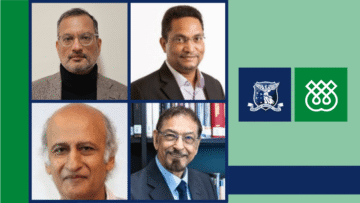In turbulent times, 9th-century practitioners of kalāmFrom Arabic, lit. ‘Speech, discussion, argument’, translated as philosophical theology, refers to theological reflection using rational philosophical argumentation to study and express the content of the faith in a coherent… devised a cosmology of jawāhir (discrete, primary entities) and accidents (natural properties) that accounted for all of God’s creation. Influences from all directions infused this physical theory with a syncretic, ever-shifting vibe; for generations, the struggle to articulate the workings of the natural world evolved. A cosmology suited to explain divine creation thrashed against conceptions of psychology and time, however; what worked in an immovable field of concrete particulars still had to account for the vagaries of experience and spiritual imperatives.
In this discussion, we will examine three key problems that illustrate kalām reckoning with developments in theories of time and causality:
volition and the temporal process of thought;
the so-called “ceasing instant” problem (when did “now” end?);
and the notorious Muʿtazilite theory of secondary causality (the efficacy of intermediate, generated states).
By focusing on the adaptation of the jawāhir model to these challenges, we can better appreciate the viability of kalām and demonstrate the genius of early Islamic thought.
Hosted by The Institute of Ismaili Studies (London) and convened by Dr Orkhan Mir-Kasimov, the Islamic History and Thought Lecture Series is designed to invite scholars of various international academic institutions, specialising in intellectual, social and political aspects of medieval and early modern Islamic societies, to present and discuss their research. Watch previous lectures on our YouTube channel.
Speaker
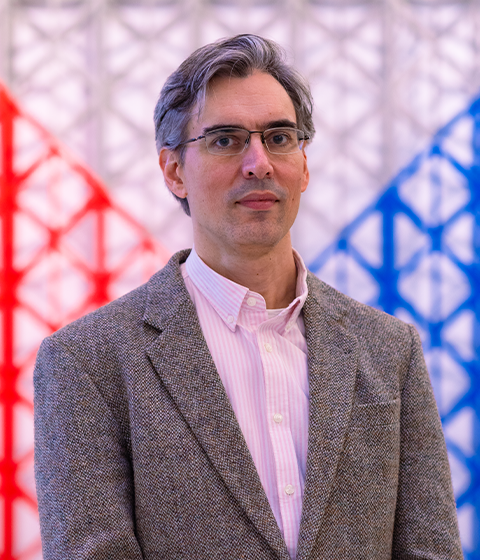
Dr David Bennett
Teaching and Learning Co-ordinator
David Bennett’s research interests include the early Muʿtazilites, heresiography and religious plurality, philosophy of mind in the Arabic tradition, dreams, illusions, and madness. His recent publications have been on cognisable content (maʿānī), sense perception, and light/dark dualism in Islamic sources. He is currently committed to a translation of al-Ashʿarī’s Maqālāt for the Library of Arabic Literature.

Prof Peter Adamson
Professor
Peter Adamson was previously Professor of Philosophy at King’s College, London. He has published on Aristotle, Plotinus, al-Farabi and other members of the Baghdad School, Ibn Sina (Avicenna), and Ubn Rushd (Averroes). A special focus of research is the output of the translation circle of al-Kindi.



